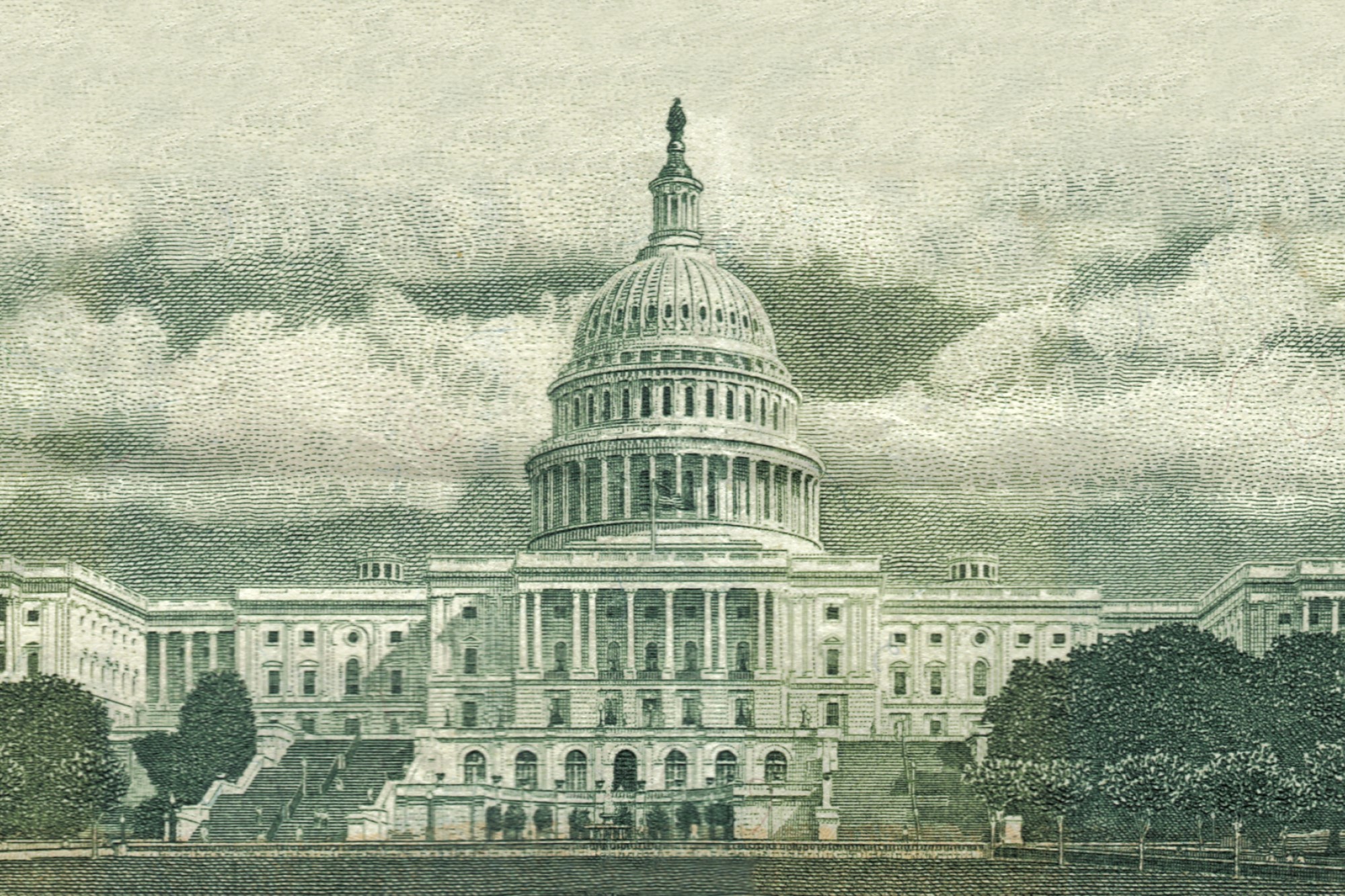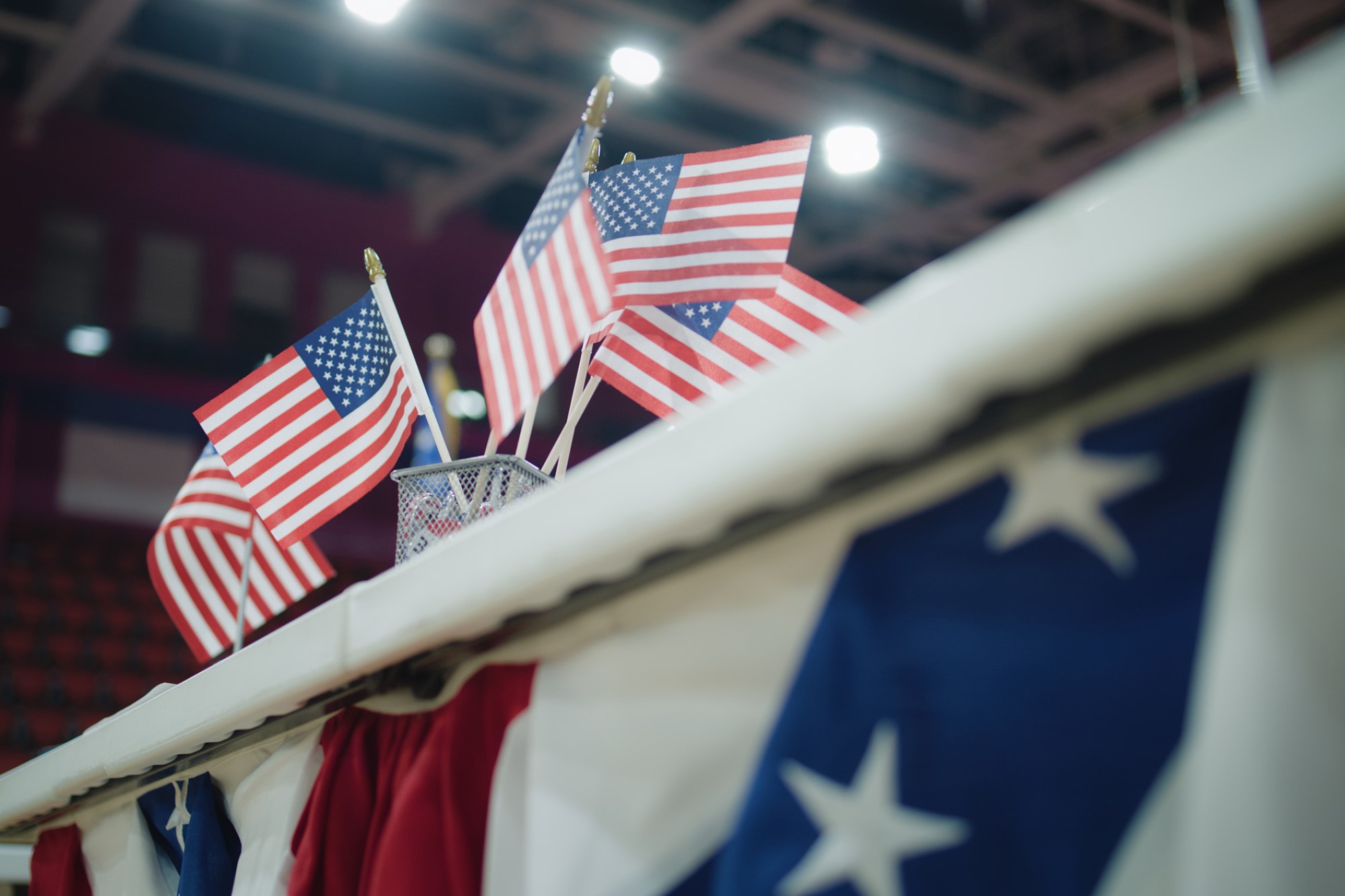Naming Names: Should Canada Reveal Potential Traitors?

The ongoing foreign interference scandal in Canada has taken another surprising turn. Last month, a parliamentary committee released a redacted report indicating that some MPs have “wittingly” assisted in providing confidential information to foreign actors – working on behalf of India and China – and relayed privileged information that might be used to manipulate their fellow parliamentarians. The accusations are serious enough to be considered treason. The dilemma now facing Canadian politicians is whether these names should be made public. What might be the risks to democracy and the rule of law?
The issue of foreign interference has been festering for some time. There have already been personal reports from MPs themselves – such as Micheal Chong and Jenny Kwan – that have revealed Chinese attempts to intimidate and harass. In 2019, the Canadian Security Intelligence Service (CSIS) reportedly warned officials in the Liberal Party about attempts to influence candidates but these alerts were ignored by the party. It is also known that China successfully interfered (although not enough to change the results) in the 2019 and 2021 federal elections in order to help secure a Liberal minority government. In response to calls for an official judicial inquiry into foreign interference, readers may recall that Prime Minister Trudeau delayed the process for months by making up the title of “Special Rapporteur” and designating David Johnson – who at first concluded there ought to be no inquiry before resigning after widespread concerns about his conclusions and an obvious conflict of interest. A judicial inquiry has since been called; however the government has largely refused to cooperate.
Many are now trying to figure out what to do with the little information we do have from this separate parliamentary investigation. On one side is the camp of people who believe that it would be improper to release the names of the suspected traitors to the public until a more thorough investigation can begin. Releasing the names or any other details about the investigation would represent a national security threat in revealing methods of intelligence gathering. Beyond this, the argument against releasing the names seems to largely hinge in the idea of some notion of due process and concerns about reputations. Canada has a complicated history with national intelligence and since the 1980s has separated intelligence gathering and policing, creating a gap between intelligence and evidence, making it difficult to use intelligence as evidence in court. As the deputy Minister of Foreign Affairs recently put it, “intelligence is not truth.”
The fact that official investigations have yet to take place, with no indication that any charges or legal indictments being issued, makes some concerned that releasing the names runs the risk of the process descending into chaos with people being branded without due process of the law. As Green Party Leader Elizabeth May recently stated, “There’s no reason to create an atmosphere of McCarthyism.”
There is also a concern that allegations of being a traitor would irreparably damage an MP’s reputation. As one minister put it, “The obvious potential reputational damage a person might suffer if there’s another side of the story, that must be considered.” Another Liberal MP claims, “Somebody’s career could be totally ruined by a frivolous accusation or a comment…I think that if somebody gets charged, absolutely, OK, there you go. But until that time, let’s be careful but let’s be thorough.”
On the other hand, there are also risks with not releasing the names. For example, among those politicians who have read the unredacted report, the public has heard radically different reactions. Green Party Leader Elizabeth May was “relieved” after reading the report, claiming that there is no list of disloyal MPs. Meanwhile, NDP Leader Jagmeet Singh claimed to be “more concerned than ever” after reading the report and stated that the report shows that “a number of MPs” helped foreign states and are “traitors to the country.” What is the public supposed to make of all this?
Certainly it’s true that voters won’t be waiting on legal proceedings to make up their minds if a list gets released. And it would be ideal if we could preserve both the rule of law while also ensuring that voters can be confident in casting their ballot – like, say, knowing whether their MP might be a traitor to the country. Stifling any doubt about the integrity of Canadian elections will be paramount. Even the perception (regardless of the facts) may be damning. If voters cannot trust the process or the candidates, trust in the government, democracy, and the law are bound to suffer.
There is, of course, the risk that potentially innocent MPs have “their reputations unfairly smeared,” and this could real damage – political or otherwise. Though it isn’t as if politicians don’t face false accusations on a regular basis or shy away from unfair attacks on people’s reputations. Besides, the risk of re-electing a traitor may very well be more significant than the risk to a few political careers. Which would you rather be wrong about? We should note that McCarthyism featured vague accusations about affiliations with communism and “unAmerican” activities among bureaucrats and cultural figures. By contrast, the present situation concerns a specific set of elected individuals accused of specific acts that threaten to subvert the people’s will.
It also doesn’t help that there is already mistrust about the motivations of the Trudeau administration when it comes to the issue of foreign interference. They have been accused often of not taking the issue seriously – they have stalled efforts to investigate, withheld information from investigators, and criticized the findings of the investigations. Foreign interference has also benefited the Liberal Party at the expense of their political rivals in the not-so-distant past. Currently, Liberals will not commit to removing any MPs from their caucus if they have been found to have engaged in the activities in the report. Even if Trudeau’s government does take the issue seriously (and isn’t implicated), keeping the report a secret builds no trust. After all, what sort of politician would question the conclusions of their own intelligence organizations and call investigations of foreign interference a “witch hunt”?
While political scientists may point to Canada’s high rank on various freedom indexes, many are expressing concern about the future of Canadian democracy in general. In addition to these foreign meddling concerns, there have been a number of worrying events – the unjustified use of the emergencies act, the government’s inaction in the midst of a housing crisis, the rise of neo-feudalism. Canadian democracy is being stressed from all sides. It would be wise not to raise the level of cynicism and distrust any further.




